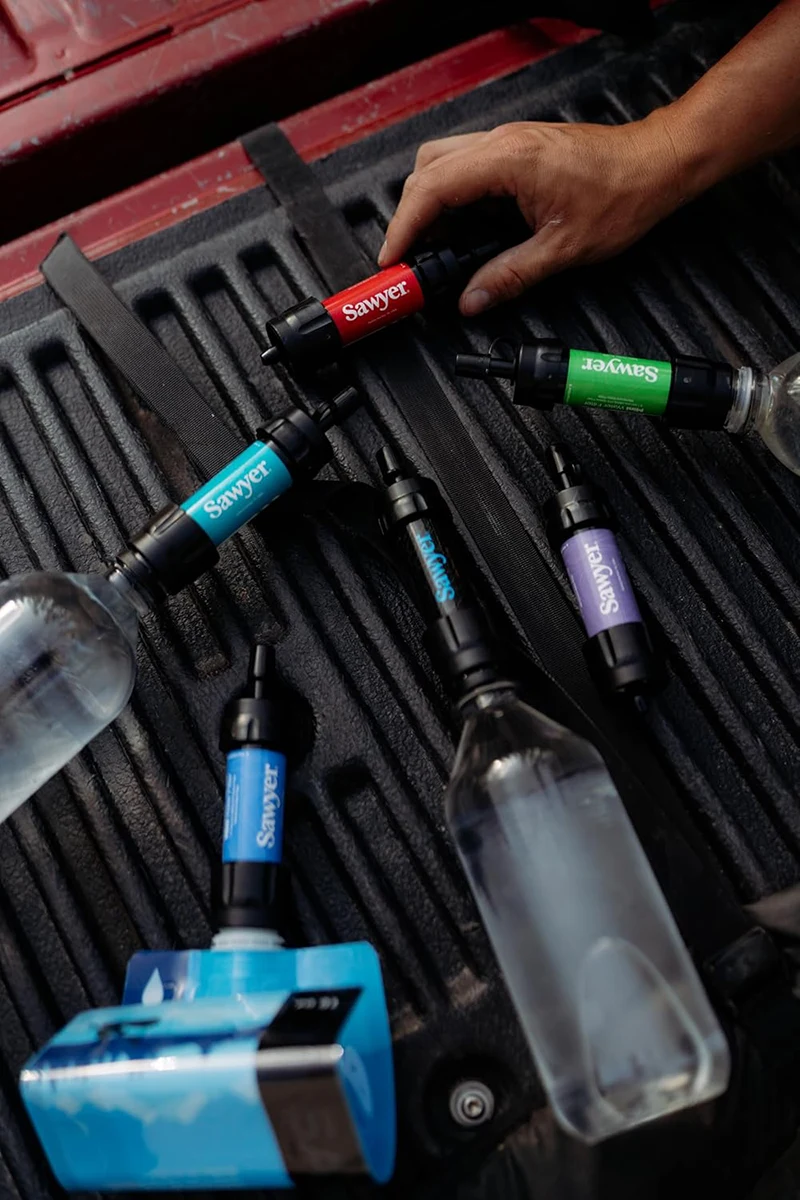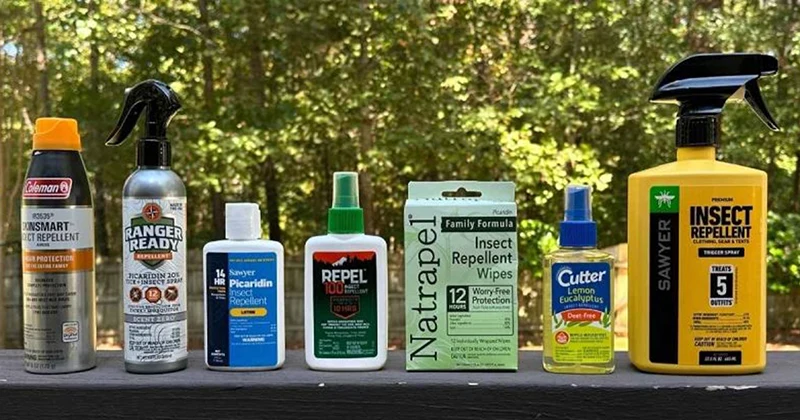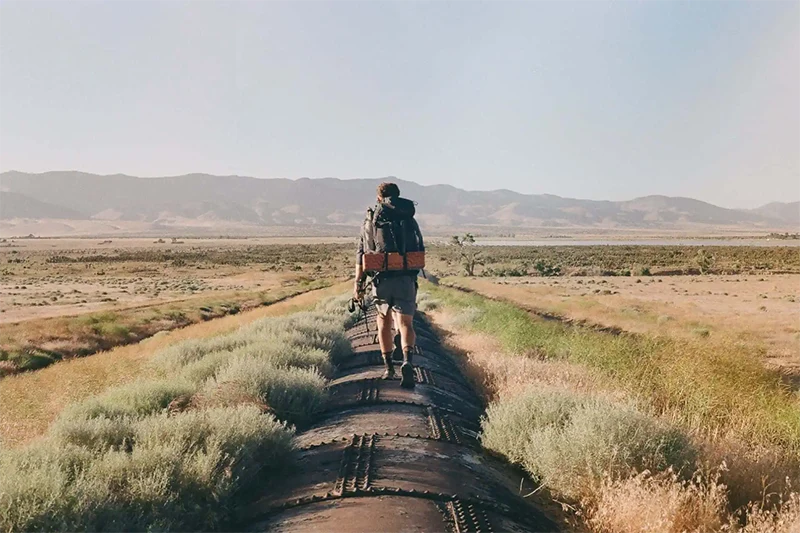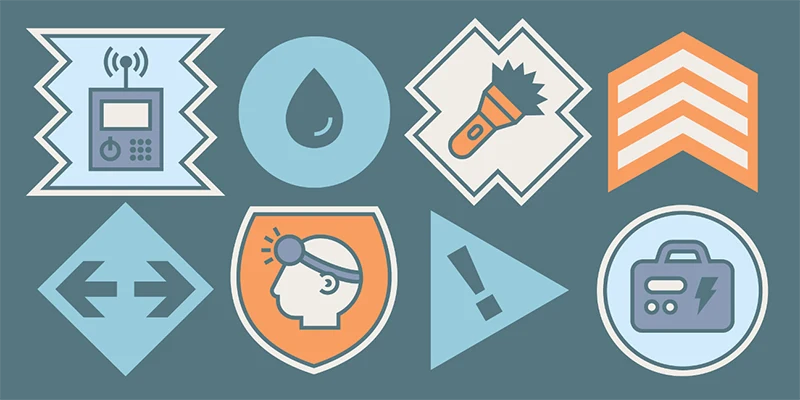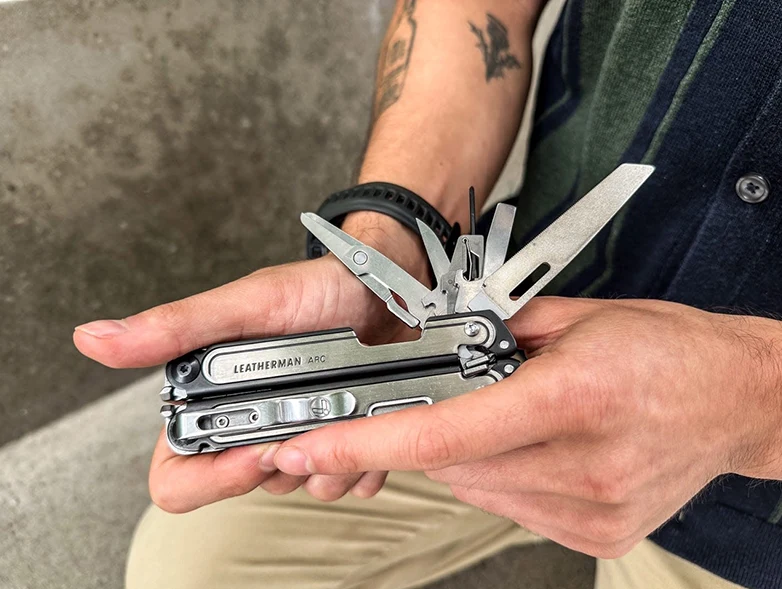The World is a Very Good Teacher: How Worldschooling Inspires Lifelong Curiosity
The World is a Very Good Teacher: How Worldschooling Inspires Lifelong Curiosity

The World is a Very Good Teacher: How Worldschooling Inspires Lifelong Curiosity
YouTube video highlight
For my partner Charlie and me, long-term family travel is an amazing experience that fosters togetherness, resiliency, growth, cultural ...
Read more about the projectFor my partner Charlie and me, long-term family travel is an amazing experience that fosters togetherness, resiliency, growth, cultural awareness and a backpack full of memories. Worldschooling is learning through direct interaction in the world, and is therefore an excellent option for education.
We worldschooled our 9 year old son during his 4th grade year—an incredible adventure that informed my forthcoming book, Wonder Year. We were on the road for 396 days filled with rich, experienced-based education, relevant to wherever we were, inspired by whoever we were with.

When we started our trip, I was rather concerned about how to do the whole education thing. But, I quickly realized that any outing could be educational if we slow down to notice and wonder.
We noticed little things like spiders spinning webs. We observed big things like the massive first-growth coastal redwoods. We slept under them. We balanced upon the fallen ones. We measured their diameter in hug-equivalents.

We shared our passions and curiosities. My background is sustainability. Before our trip, I was working as an analyst for a green mutual fund company. As we found our travel groove, I found more ways to use my training to open up education. We weighed risk and reward and played with that construct. We considered what gives something value–like a really big tree–and what makes it valuable. Charlie is a hydrogeologist so we also brought in his expertise. We mapped boundaries of watersheds, named every river, tracked tributaries and headwaters. At every river crossing, we estimated cubic feet per second, a common measure of flow and then we’d check our estimates on the USGS Water Data website.
We served in ways that were meaningful to us all and volunteered as family ambassadors for a national water nonprofit.
Serving our community deepened our experience and provided structure for worldschooling.
We visited schools, volunteered in river clean ups and green infrastructure projects. We even went to the annual River Rally convention where Johnny was an official exhibitor, sharing his learning about water and sustainability.

Life skills were central to our joint learning. Johnny was involved in everything - trip planning, camp set up, cooking, navigation, dog care. If he did not check the oil, the engine might overheat. If he did not fill the water, we could dehydrate. Johnny was bush chef, fire starter, bike mechanic and laundry champ all in one (he’d climb the trees to put up the clothes line).
Conservationists are born out of love for the natural world. It’s clear to me that seeds of curiosity were planted for my son 10 years ago in Homer, Alaska while kayaking, fishing, and enjoying the majesty of the Alaska shoreline. We stayed in a remote cabin on Hesketh Island and paddled about the Kachemak Bay islands.

When he finished his freshman year of college, he said he wanted to go to Alaska to work for the summer. It kinda blew my mind. He reached out to the owner of the outfitter we’d used 10 years earlier and lined up a job as a sea kayak guide. We went to visit him in Homer for his final 10 days and had the joy of seeing him in the driver's seat of his life.
Today my son is a rugged outdoorsman. He engages with people, solves problems, fixes boats, teaches stroke technique, and leads safety briefings. He explains Alaska Native history, tells stories and engages with guests about tufted puffins, sea otters and the earthquake of 1964.

We spent his 19th birthday with coastal brown bears in the Katmai Wilderness and I saw, I felt, I know without question, our year of worldschooling in nature has created a life-long learner who is full of grit and curiosity, tumbling into a polished, precious adult.
Worldschooling was an excellent choice for us. If you have the opportunity, I think you will find the world is a very good teacher.
One week ago, we hiked Grace Ridge with Johnny. Looking down on Tutka Bay from 3000 feet he said, “Think about it, the smaller the unit of measurement used to measure the shoreline, the longer the length will be.” I did not get it right away, so I asked him to repeat. “A coastline” he explained with confidence and intrigue, “has all kinds of bays, promontories, inlets, fjords and features at various scales. The closer you look, the more you see and the more there is to measure. So the smaller the unit of measure, the longer the length.” It’s true. The coastal paradox is true. I get it. The closer you look, the more you see.

Worldschooling gives us the time to look closely into ourselves, our children and the natural world and appreciate the true measure of majesty.
To learn more about how to make long-term travel and worldschooling a reality for your family, check out Wonder Year: A Guide to Long-Term Family Travel and Worldschooling–now available wherever books and e-books are sold.
The World is a Very Good Teacher: How Worldschooling Inspires Lifelong Curiosity


For my partner Charlie and me, long-term family travel is an amazing experience that fosters togetherness, resiliency, growth, cultural awareness and a backpack full of memories. Worldschooling is learning through direct interaction in the world, and is therefore an excellent option for education.
We worldschooled our 9 year old son during his 4th grade year—an incredible adventure that informed my forthcoming book, Wonder Year. We were on the road for 396 days filled with rich, experienced-based education, relevant to wherever we were, inspired by whoever we were with.

When we started our trip, I was rather concerned about how to do the whole education thing. But, I quickly realized that any outing could be educational if we slow down to notice and wonder.
We noticed little things like spiders spinning webs. We observed big things like the massive first-growth coastal redwoods. We slept under them. We balanced upon the fallen ones. We measured their diameter in hug-equivalents.

We shared our passions and curiosities. My background is sustainability. Before our trip, I was working as an analyst for a green mutual fund company. As we found our travel groove, I found more ways to use my training to open up education. We weighed risk and reward and played with that construct. We considered what gives something value–like a really big tree–and what makes it valuable. Charlie is a hydrogeologist so we also brought in his expertise. We mapped boundaries of watersheds, named every river, tracked tributaries and headwaters. At every river crossing, we estimated cubic feet per second, a common measure of flow and then we’d check our estimates on the USGS Water Data website.
We served in ways that were meaningful to us all and volunteered as family ambassadors for a national water nonprofit.
Serving our community deepened our experience and provided structure for worldschooling.
We visited schools, volunteered in river clean ups and green infrastructure projects. We even went to the annual River Rally convention where Johnny was an official exhibitor, sharing his learning about water and sustainability.

Life skills were central to our joint learning. Johnny was involved in everything - trip planning, camp set up, cooking, navigation, dog care. If he did not check the oil, the engine might overheat. If he did not fill the water, we could dehydrate. Johnny was bush chef, fire starter, bike mechanic and laundry champ all in one (he’d climb the trees to put up the clothes line).
Conservationists are born out of love for the natural world. It’s clear to me that seeds of curiosity were planted for my son 10 years ago in Homer, Alaska while kayaking, fishing, and enjoying the majesty of the Alaska shoreline. We stayed in a remote cabin on Hesketh Island and paddled about the Kachemak Bay islands.

When he finished his freshman year of college, he said he wanted to go to Alaska to work for the summer. It kinda blew my mind. He reached out to the owner of the outfitter we’d used 10 years earlier and lined up a job as a sea kayak guide. We went to visit him in Homer for his final 10 days and had the joy of seeing him in the driver's seat of his life.
Today my son is a rugged outdoorsman. He engages with people, solves problems, fixes boats, teaches stroke technique, and leads safety briefings. He explains Alaska Native history, tells stories and engages with guests about tufted puffins, sea otters and the earthquake of 1964.

We spent his 19th birthday with coastal brown bears in the Katmai Wilderness and I saw, I felt, I know without question, our year of worldschooling in nature has created a life-long learner who is full of grit and curiosity, tumbling into a polished, precious adult.
Worldschooling was an excellent choice for us. If you have the opportunity, I think you will find the world is a very good teacher.
One week ago, we hiked Grace Ridge with Johnny. Looking down on Tutka Bay from 3000 feet he said, “Think about it, the smaller the unit of measurement used to measure the shoreline, the longer the length will be.” I did not get it right away, so I asked him to repeat. “A coastline” he explained with confidence and intrigue, “has all kinds of bays, promontories, inlets, fjords and features at various scales. The closer you look, the more you see and the more there is to measure. So the smaller the unit of measure, the longer the length.” It’s true. The coastal paradox is true. I get it. The closer you look, the more you see.

Worldschooling gives us the time to look closely into ourselves, our children and the natural world and appreciate the true measure of majesty.
To learn more about how to make long-term travel and worldschooling a reality for your family, check out Wonder Year: A Guide to Long-Term Family Travel and Worldschooling–now available wherever books and e-books are sold.
The World is a Very Good Teacher: How Worldschooling Inspires Lifelong Curiosity


For my partner Charlie and me, long-term family travel is an amazing experience that fosters togetherness, resiliency, growth, cultural awareness and a backpack full of memories. Worldschooling is learning through direct interaction in the world, and is therefore an excellent option for education.
We worldschooled our 9 year old son during his 4th grade year—an incredible adventure that informed my forthcoming book, Wonder Year. We were on the road for 396 days filled with rich, experienced-based education, relevant to wherever we were, inspired by whoever we were with.

When we started our trip, I was rather concerned about how to do the whole education thing. But, I quickly realized that any outing could be educational if we slow down to notice and wonder.
We noticed little things like spiders spinning webs. We observed big things like the massive first-growth coastal redwoods. We slept under them. We balanced upon the fallen ones. We measured their diameter in hug-equivalents.

We shared our passions and curiosities. My background is sustainability. Before our trip, I was working as an analyst for a green mutual fund company. As we found our travel groove, I found more ways to use my training to open up education. We weighed risk and reward and played with that construct. We considered what gives something value–like a really big tree–and what makes it valuable. Charlie is a hydrogeologist so we also brought in his expertise. We mapped boundaries of watersheds, named every river, tracked tributaries and headwaters. At every river crossing, we estimated cubic feet per second, a common measure of flow and then we’d check our estimates on the USGS Water Data website.
We served in ways that were meaningful to us all and volunteered as family ambassadors for a national water nonprofit.
Serving our community deepened our experience and provided structure for worldschooling.
We visited schools, volunteered in river clean ups and green infrastructure projects. We even went to the annual River Rally convention where Johnny was an official exhibitor, sharing his learning about water and sustainability.

Life skills were central to our joint learning. Johnny was involved in everything - trip planning, camp set up, cooking, navigation, dog care. If he did not check the oil, the engine might overheat. If he did not fill the water, we could dehydrate. Johnny was bush chef, fire starter, bike mechanic and laundry champ all in one (he’d climb the trees to put up the clothes line).
Conservationists are born out of love for the natural world. It’s clear to me that seeds of curiosity were planted for my son 10 years ago in Homer, Alaska while kayaking, fishing, and enjoying the majesty of the Alaska shoreline. We stayed in a remote cabin on Hesketh Island and paddled about the Kachemak Bay islands.

When he finished his freshman year of college, he said he wanted to go to Alaska to work for the summer. It kinda blew my mind. He reached out to the owner of the outfitter we’d used 10 years earlier and lined up a job as a sea kayak guide. We went to visit him in Homer for his final 10 days and had the joy of seeing him in the driver's seat of his life.
Today my son is a rugged outdoorsman. He engages with people, solves problems, fixes boats, teaches stroke technique, and leads safety briefings. He explains Alaska Native history, tells stories and engages with guests about tufted puffins, sea otters and the earthquake of 1964.

We spent his 19th birthday with coastal brown bears in the Katmai Wilderness and I saw, I felt, I know without question, our year of worldschooling in nature has created a life-long learner who is full of grit and curiosity, tumbling into a polished, precious adult.
Worldschooling was an excellent choice for us. If you have the opportunity, I think you will find the world is a very good teacher.
One week ago, we hiked Grace Ridge with Johnny. Looking down on Tutka Bay from 3000 feet he said, “Think about it, the smaller the unit of measurement used to measure the shoreline, the longer the length will be.” I did not get it right away, so I asked him to repeat. “A coastline” he explained with confidence and intrigue, “has all kinds of bays, promontories, inlets, fjords and features at various scales. The closer you look, the more you see and the more there is to measure. So the smaller the unit of measure, the longer the length.” It’s true. The coastal paradox is true. I get it. The closer you look, the more you see.

Worldschooling gives us the time to look closely into ourselves, our children and the natural world and appreciate the true measure of majesty.
To learn more about how to make long-term travel and worldschooling a reality for your family, check out Wonder Year: A Guide to Long-Term Family Travel and Worldschooling–now available wherever books and e-books are sold.





.png)
















